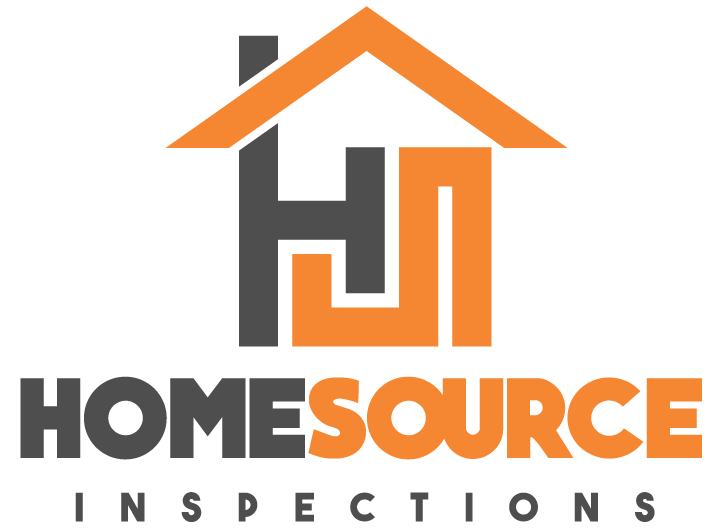Indoor Air Quality
How’s the air quality inside your home?
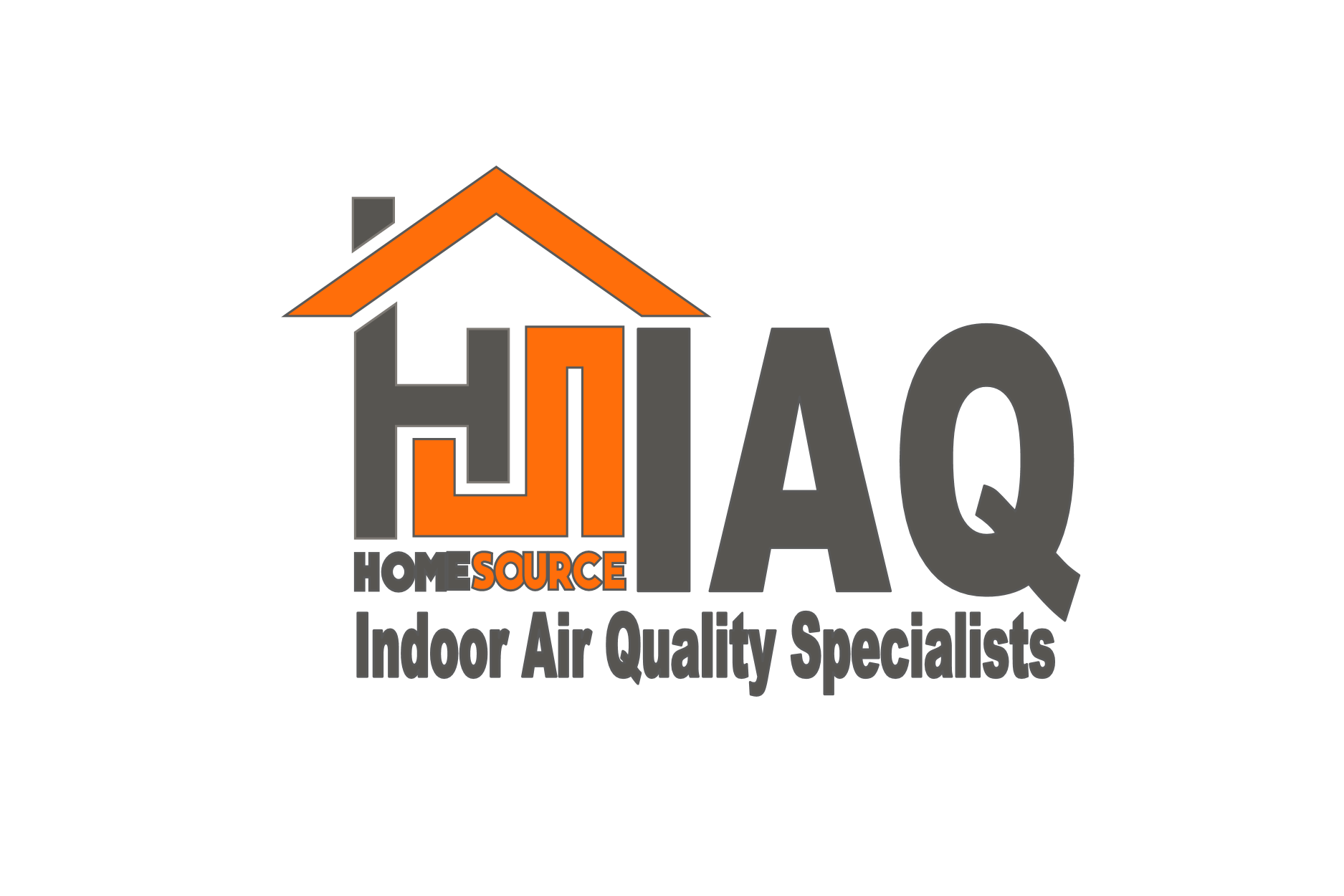
Indoor Air Quality Facts
- EPA ranks indoor air pollution among the top five environmental risks to public health.
- According to the EPA, 50 percent of all illnesses are either caused by, or aggravated by, polluted indoor air.
- Exposure to dust mites, animal dander, and mold is estimated to cause at least 200,000 emergency room visits by asthma patients each year.
- Radon is the second leading cause of lung cancer in the United States.
37 million Americans suffer chronic sinus problems caused by mold exposure. - Asbestos and lead continue to be problems in many structures.
1 in 6 people suffer from common allergens that can be found in their home or place of work. - Carbon monoxide can affect the cardiovascular and the central nervous systems.
RADON is the second leading cause of LUNG CANCER in the U.S.
LOSE THE MASK. TEST YOUR HOME.
Symptoms of Indoor Air Pollution
Worsening Asthma, Allergies, & Other Respiratory Problems
Headaches & Nausea
Shortness of Breath
Sinus Congestion, Sneezing & Cough
Eye, Skin, Nose & Throat Irritations
Memory Loss, Dizziness, Fatigue & Depression
It is very important to address the potential causes of indoor air quality problems. If left untreated, air quality issues can have a very detrimental impact on our health. Research is showing that people are now spending as much as 90 percent of their time indoors, and if the indoor air is polluted, this could pose a significant health risk.
Indoor Air Quality Services
STEP 1
Testing
Indoor air quality testing is very important to the health of you and the other occupants of your home. The US Environmental Protection Agency (EPA) recognizes the importance of maintaining the indoor air quality (IAQ) of your home or business. From asthma irritants to exposure to dangerous fumes like VOCs or radon, it’s important to have Homesource test, remediate and retest to ensure the safety of your home.
STEP 2
Remediation
Once the test results have been confirmed, our highly trained staff will implement a remediation plan to mitigate your indoor air pollutants. We start at the source and implement long lasting, affordable solutions to restore your indoor air quality. Post mitigation testing is always the final step, and is included for FREE, when you choose Homesource.
STEP 3
Prevention
The third, and final phase is prevention. Once your indoor air quality has been restored, We have the technology and solutions to prevent future indoor air contamination. We do this by elimination of the source(pollutant), balancing ventilation, controlling moisture and humidity, and air filtration. Talk to your Homesource IAQ Specialist about options for your home.
Common Indoor Air Pollutants
Radon Gas
Radon is a naturally occurring gas that can have a big impact on indoor air quality and your health. You can’t see or smell it, and radon can build up inside homes, buildings and schools to dangerous levels. Exposure to high levels of radon can cause lung cancer.
Airborne fungi & bacteria (Mold)
Exposure to mold can trigger allergic reactions and asthma symptoms in people who are allergic to mold. However, even without mold, dampness indoors causes asthma attacks and other upper and lower respiratory problems. Anyone—with or without allergies—may experience irritation of the eyes, skin, nose, throat and lungs when exposed to airborne mold particles.
Volatile organic compounds (VOCs)
Volatile organic compounds, or VOCs, are gases that are emitted into the air from products or processes. Some are harmful by themselves, including some that cause cancer. In addition, they can react with other gases and form other air pollutants after they are in the air.
Dampness and High Humidity
Dampness may show up in visible moisture, like leaks, or as high humidity. Dampness in homes or buildings creates the environment for mold spores to grow. Dampness can cause harm even when mold is not present. Excessive moisture also promotes the growth of dust mites, cockroaches, bacteria and viruses, which can impact health.
Formaldehyde
Formaldehyde is a colorless and flammable gas with a distinct odor detectable at very low concentrations. It is a volatile organic compound (VOC) that causes cancer and other harmful health effects. Formaldehyde is a naturally occurring chemical; our bodies even produce small amounts of formaldehyde. However, at high concentrations, formaldehyde vapors are dangerous.
Carbon Monoxide
Carbon monoxide (CO) is an odorless, colorless, and tasteless but dangerous gas. Carbon monoxide is produced when fuels are burned such as gasoline, natural gas, oil, kerosene, wood or charcoal. Breathing CO reduces the blood’s ability to carry oxygen. It can reach dangerous levels indoors or outdoors.
Indoor Air Quality and Moisture Control Services
Our Clients:
Commercial Offices
Light Industrial Facilities.
Residential – homeowners, apartment complexes, landlords
The most common parameters monitored for Indoor Air Quality (IAQ) issues are:
- Airborne fungi & bacteria (Mold)
- Carbon Monoxide
- Carbon Dioxide
- Formaldehyde
- Moisture Management
- Ozone
- Particulates/Dust
- Radon
- Relative Humidity
- Temperature
- Volatile Organic Compounds (VOCs)
Schedule Your Free Consultation
Your well-being is our top priority. Homesource highly trained professionals will locate issues and provide solutions to improve your indoor air quality and create a healthier living and working environment. Call us now at 574-273-0889 to schedule your Free consultation.

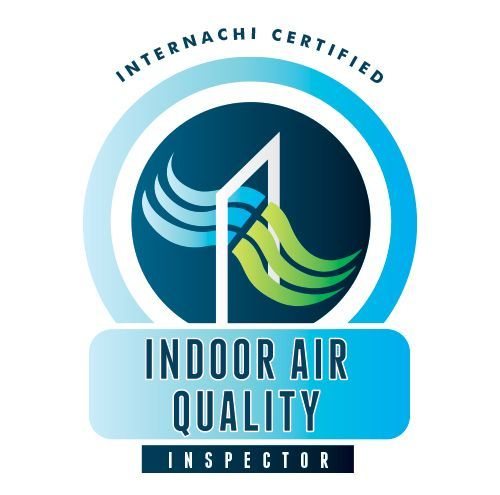
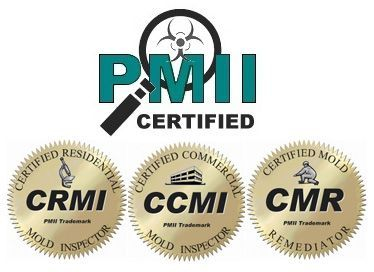
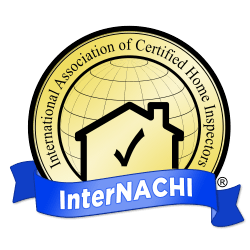
SCHEDULE YOUR INSPECTION
Contact us to ask about our discounts for military, police, and first responders.
Our general home inspections start at $349 for homes up to 1,000 square feet.
We accept online payments.
1616 Commerce Dr, South Bend, IN 46628
